The history of great women in science is often overlooked. However, increasingly historians are drawing our attention to the female thinkers across the ages that have had a transformative impact on the modern world.
One such example can be found in ancient Mesopotamia, with Tapputi, the world’s very first recorded chemist. She, along with her colleague known only as Nina, developed formulas, techniques and tools for perfume-making that have endured for millennia.
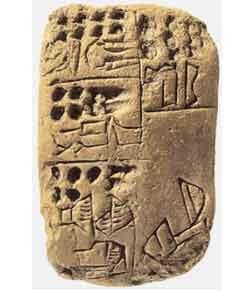
According to Cosmos Magazine, a Bronze Age clay tablet dating to around 1200 BC found in the ancient Babylonian kingdom relates the story of these two women, Tapputi Belatekallim and Ninu, perfume makers in the court of the king.
Written in cuneiform, and carved into damp clay, this inscription provides tantalizing details about the life, work and reputation of these two female chemists.
In Bronze Age Mesopotamia, perfume was a widely used and important commodity that required particular skills to produce. It was most commonly used in religious ceremonies, and carried an important symbolic significance.
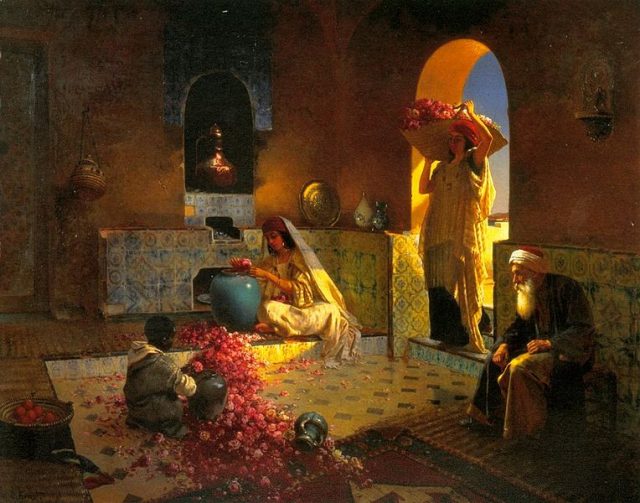
According to the Perfume Society, perfume and burning incense was considered to form a bridge between gods and men, and offered the possibility of communing with the divine. In addition, it was believed that sweet scents were pleasing to the gods, and so bodies prepared for the afterlife needed to be treated with a variety of perfumes.
Ancient perfumes were crafted with considerable skill and knowledge. Their makers required much more than a nose for fine scents, but rather, needed to have an intimate knowledge of chemistry and processes of distillation.
Tapputi and Ninu would have used a wide variety of ingredients, including specially prepared oils, myrrh, different types of flowers and natural resins, which were skillfully pressed and manipulated in order to make fragrant, sweet scents that would stand the test of time.
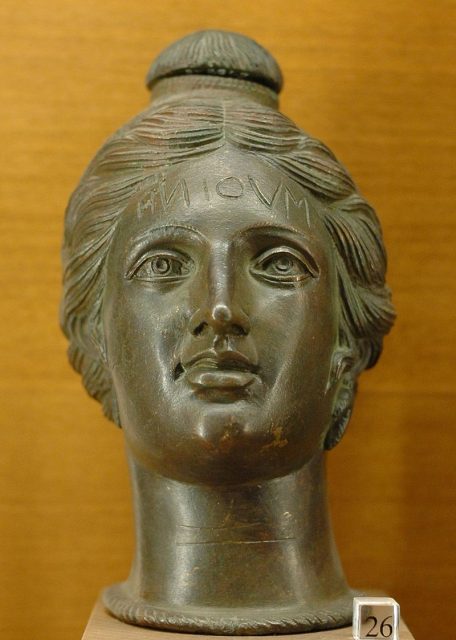
The techniques used by ancient chemists of the Near East were incredibly successful. Archaeologists that opened Egyptian tombs in the 19th century, for example, found that the perfumes used to surround the body still retained their scent after thousands of years beneath the ground.
The Babylonian tablet makes reference to a treatise written by Tapputi, which is the first known written work on perfume making as well as the first work on general chemistry in history.

Sadly, this important text is lost to modern historians, but later perfume makers made reference to Tapputi’s recipes in their own works. We have one surviving recipe attributed directly to Tapputi — a salve made for the king which consisted of flowers, oil, and calamus, a reed-like plant often used to treat stomach problems.
This famous female chemist is known to have revolutionized the processes and techniques used to make perfumes, developing the first still and using solvents to create longer-lasting and sweeter scents.
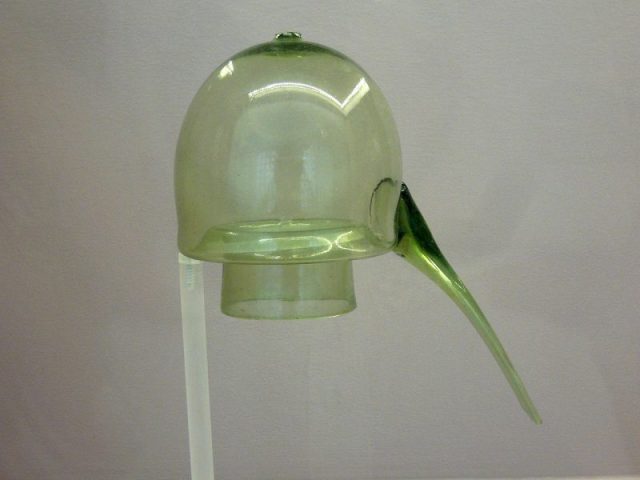
Tapputi’s still was used to distill and filter the liquids used in perfume making, and is a piece of basic equipment that is still in use in chemistry labs today.
Although we know relatively little about the role of educated women in ancient Mesopotamian societies, this tablet can give us some clues.
Tapputi appears to have held a very important place in the royal household, acting as a general overseer, aside from her duties as the official supplier of perfumes to the royal family and Babylonian elites.
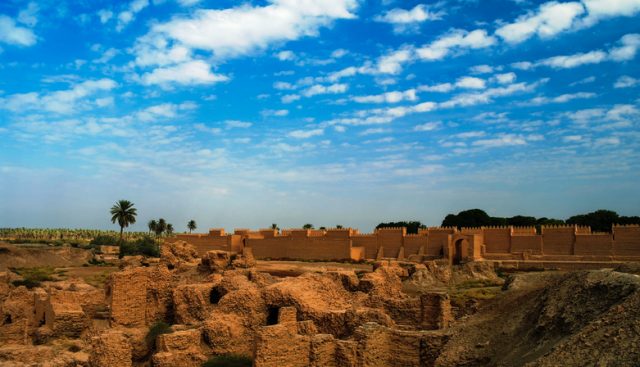
Along with Ninu, who was most likely her assistant, Tapputi was commissioned to make perfumes and scents directly for the king himself. Both women would have had a high social standing and would have been paid considerably well.
This surviving inscription from ancient Mesopotamia gives us an insight into the key role that women played in a whole variety of professions in ancient societies, contradicting the assumption that Babylonian women would have had little agency or scope to rise high in society.
Read another story from us: From Mud to Max Factor – The Strange Evolution of Makeup
Tapputi and her peers were early innovators in the fields of perfume making and chemistry, and the techniques and tools that she developed shaped the way in which we use and understand these chemical processes for thousands of years.
